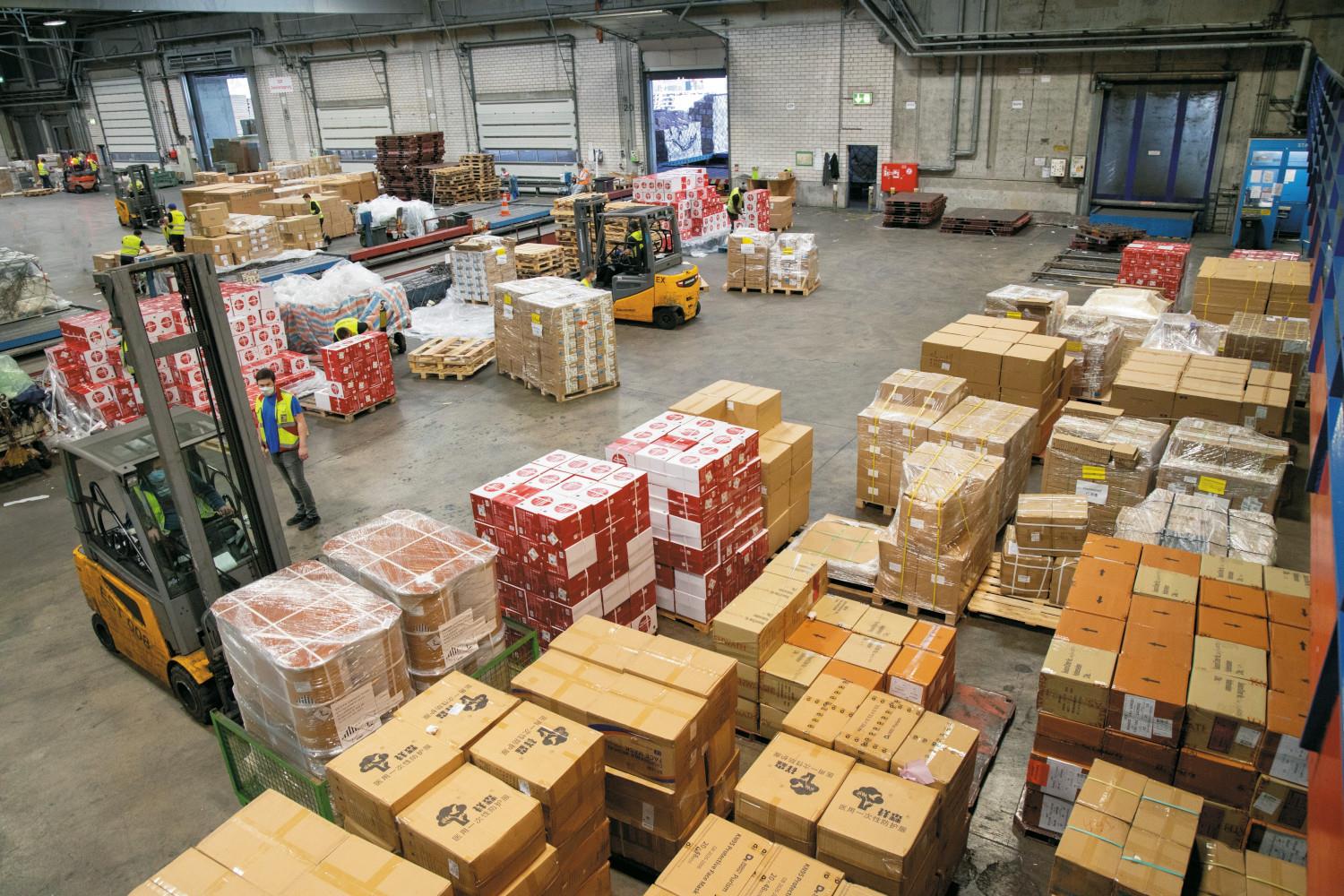Lufthansa Cargo AG noted that cargo operations at Frankfurt Airport is running at full steam despite almost all passenger aircraft still grounded.
For around ten weeks, passenger planes are still unable to fly, while cargo planes are in constant use – particularly from Frankfurt Airport, Europe's leading air cargo hub.

Harald Gloy, chairman of the board of Air Cargo Community Frankfurt e.V. and Board member of Lufthansa Cargo AG, said the airport enjoys a central position in Europe with good motorway links and also has Europe's largest handling capacity for perishables and chilled goods, a cutting edge animal station, a wide variety of forwarding agents and authorities on site as well as industry and trade customers in the surrounding area – making it a preferred gateway in Europe.
Separately, Michael Müller, board member of the Air Cargo Community and Executive Director Labour Relations and member of the Executive Board of Fraport AG said “demand for cargo capacities remains high. With the slump in passenger traffic, the option for loading additional cargo on these aircraft has disappeared.”
“Around 50 airlines in Frankfurt are now using passenger aircraft just for cargo transport”, Müller said, noting that this is also happening because freighter planes are more difficult to load and unload due to their limited space and narrow doors.
The systemic relevance of air cargo becomes clear
“When supply chains break down in times of crisis, only air cargo has the ability to link industry and trade on intercontinental markets within hours. Air cargo is therefore of systemic relevance to Germany as an exporting country, but also for Europe as a whole”, said Gloy.
Different cargo structures present challenges
Patrik Tschirch, managing director of the cargo handling company LUG, said: “Another challenge is the 30 percent increase in the number of packages – on peak days fivefold – and the number of recipients in relation to tonnage (by weight).”
“Right now, it is becoming evident how indispensable digitisation is. Customs officials will be aware of this if they know in advance which consignment is critical, as will HGV drivers, who will be given a pick-up time and will not have to wait for hours at the airport or rest area,” Tschirch added.
Air cargo remains a tough business
Even though air cargo is currently the turbo powering the airline business, Gloy said only half of the normal transport capacity is available — the other half, the lower deck of passenger planes, is grounded.
Gloy noted that the enormous demand for protective equipment is also only a short-term effect.
Since last year, air cargo has been suffering from a sharp drop in global production and in demand for machine and vehicle parts and pharmaceutical products.
In particular, exports from Germany have fallen by 20 percent since March. That means that the most crucial air cargo is missing. Flight timetables and crew deployment has to be constantly adapted to changing restrictions and regulations on a global basis.
“We are therefore a long way from normal flight operations”, Gloy added.
So far, 3.5 billion respiratory protection masks and other protective equipment in 22,000 shipments plus medical equipment and pharmaceuticals as well as urgently required industrial goods, post, packages and food for the German and European markets.



